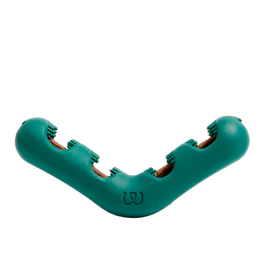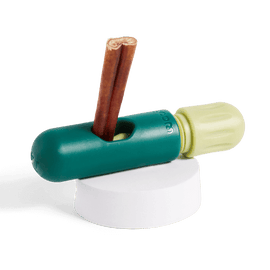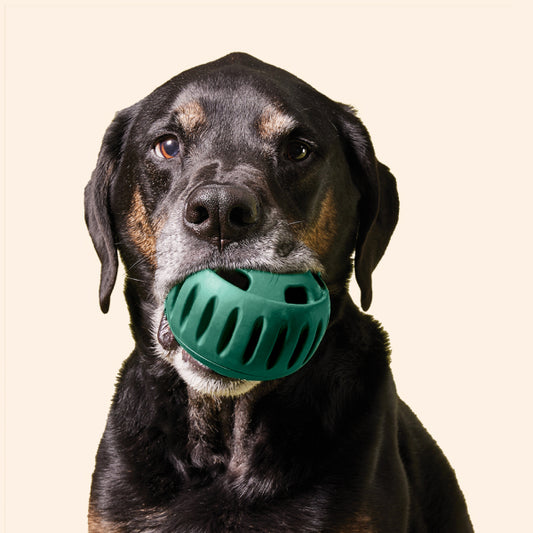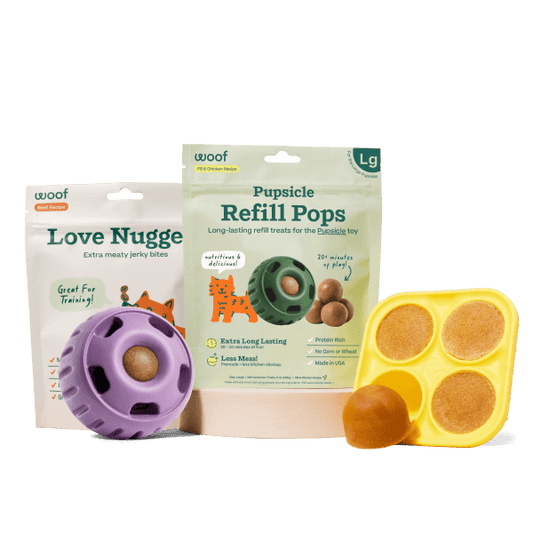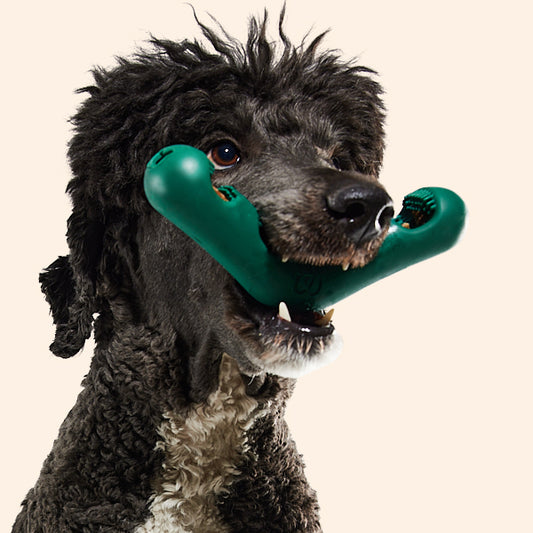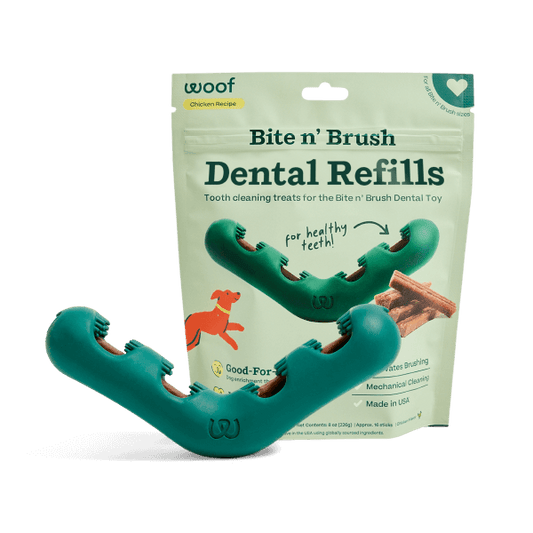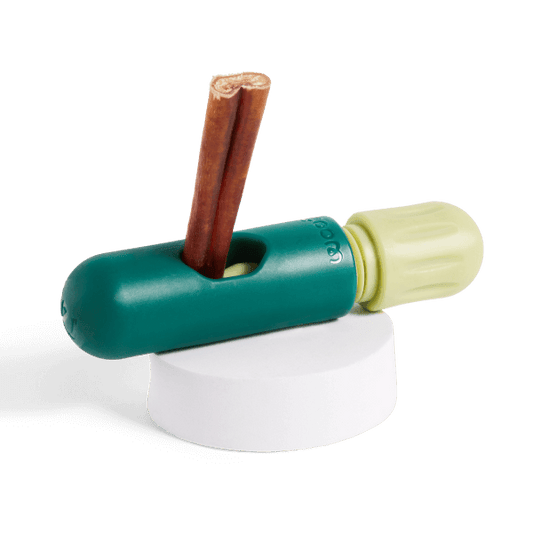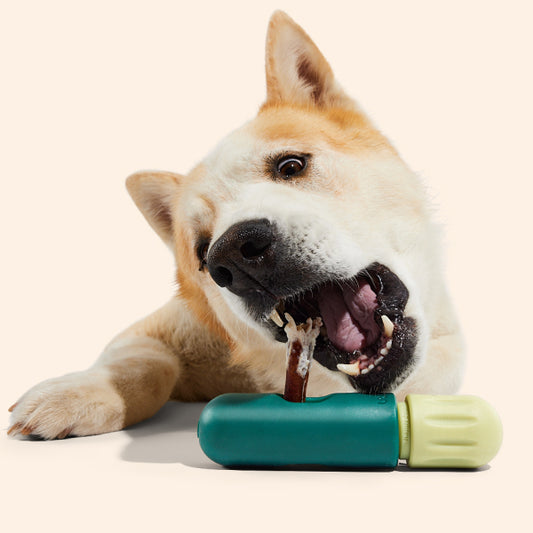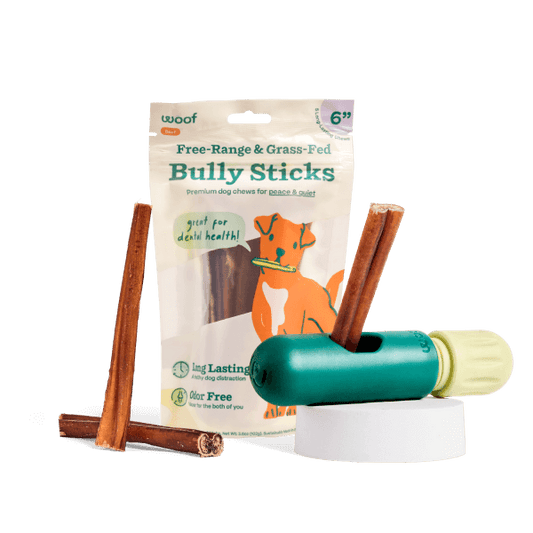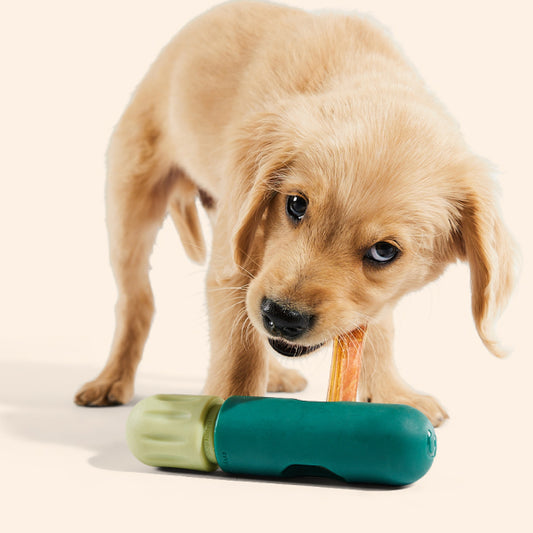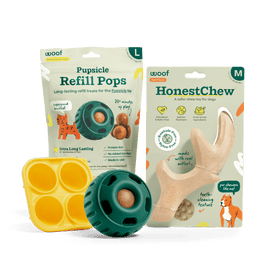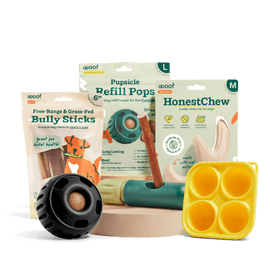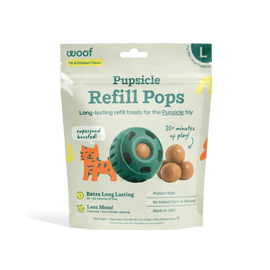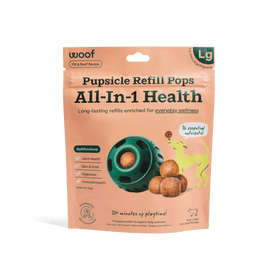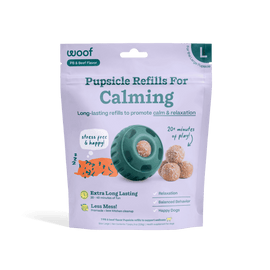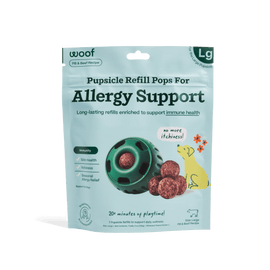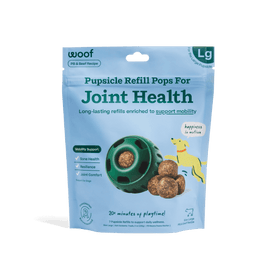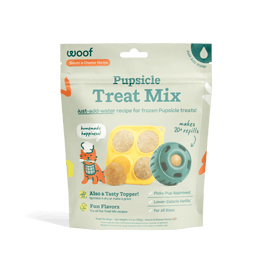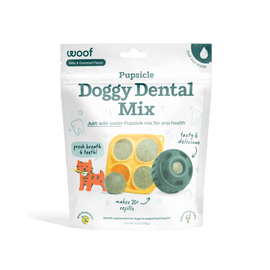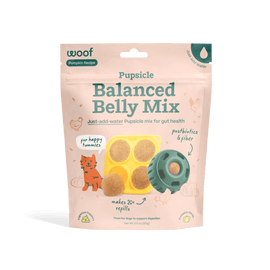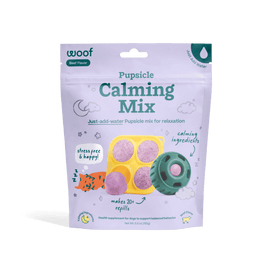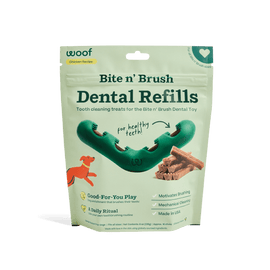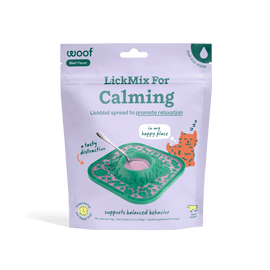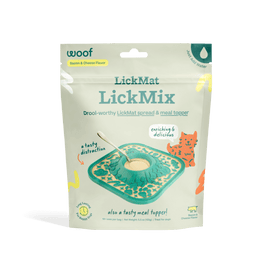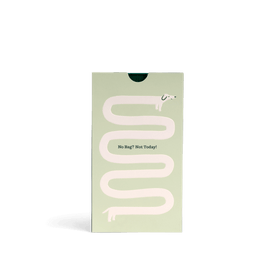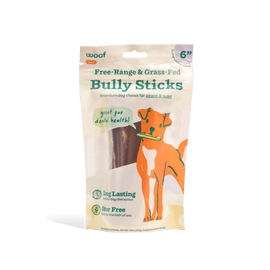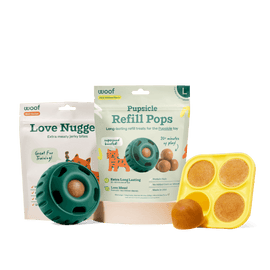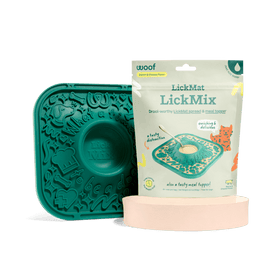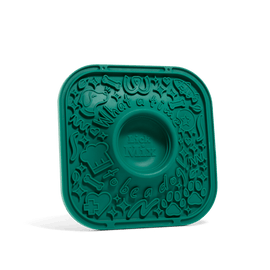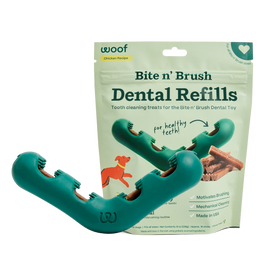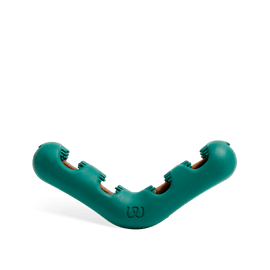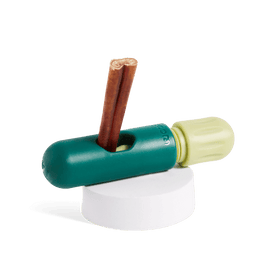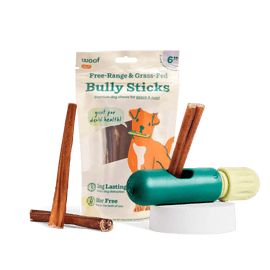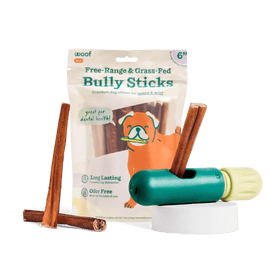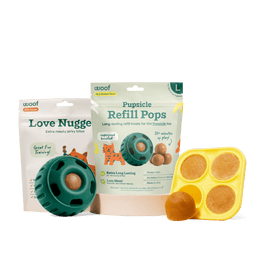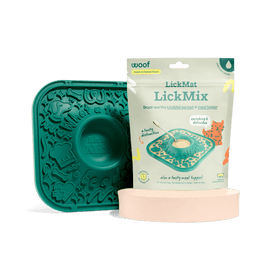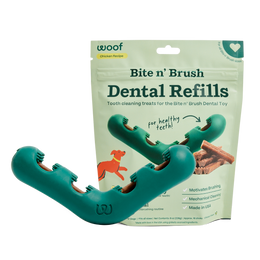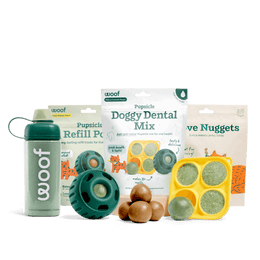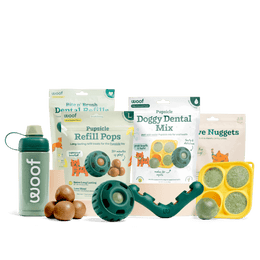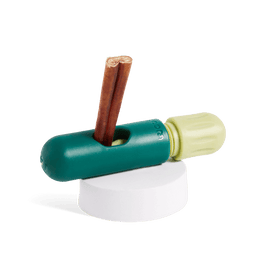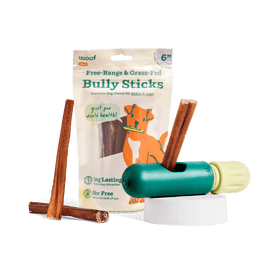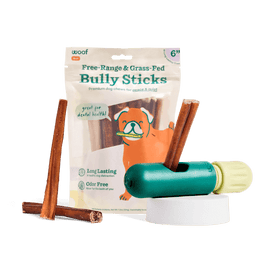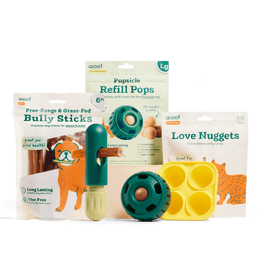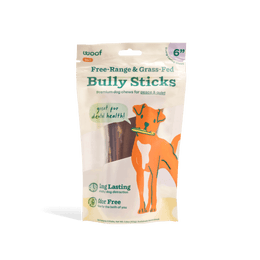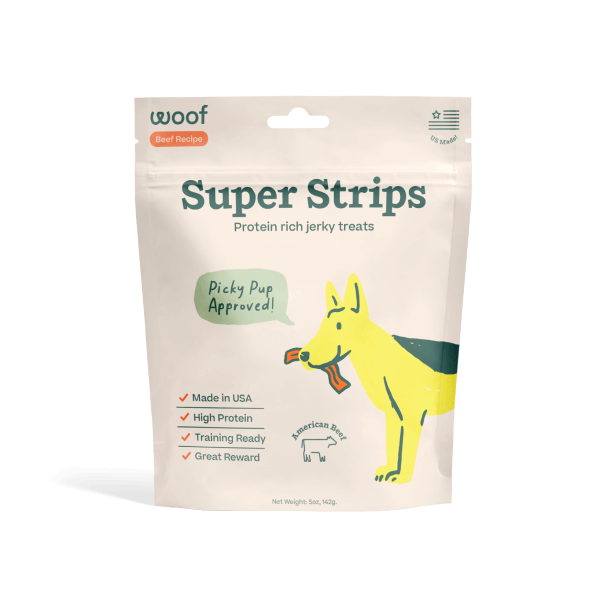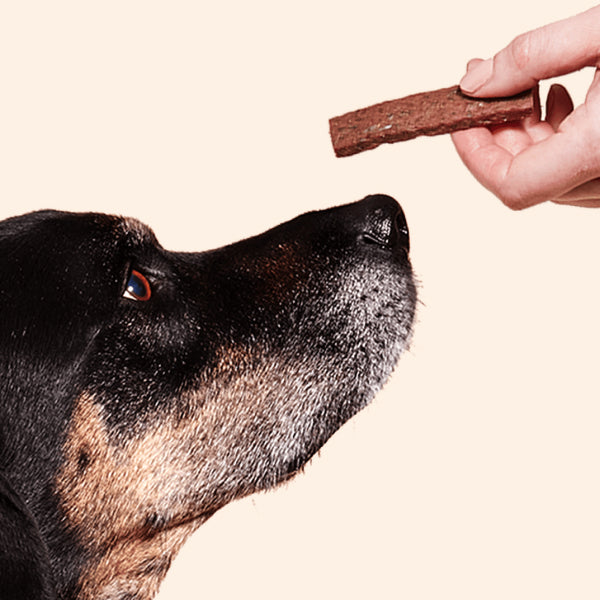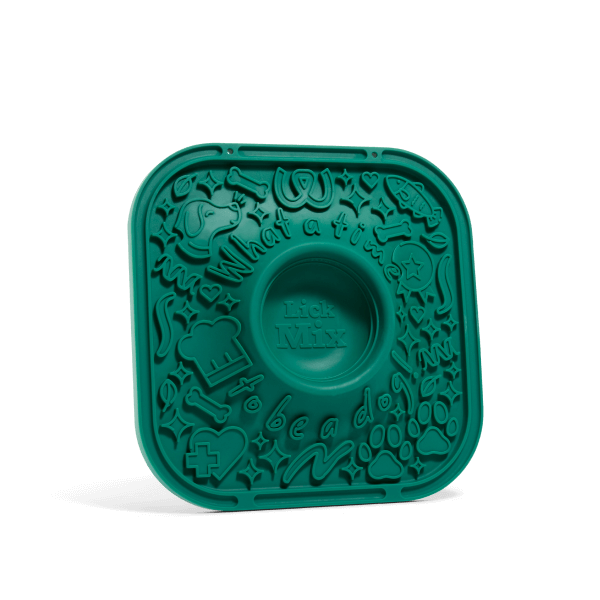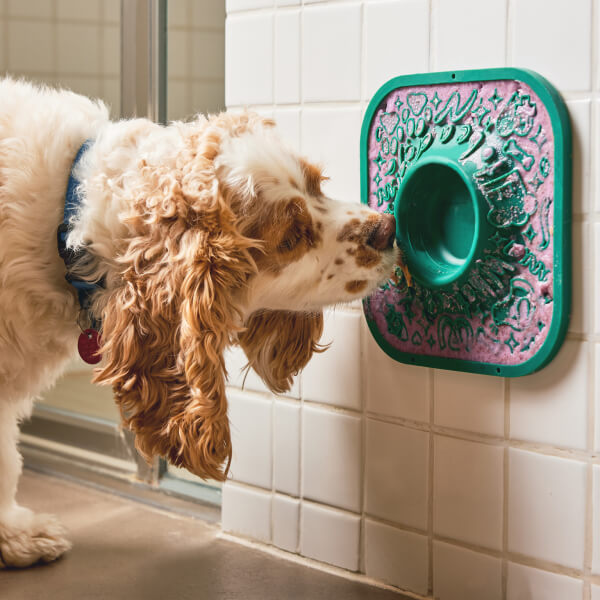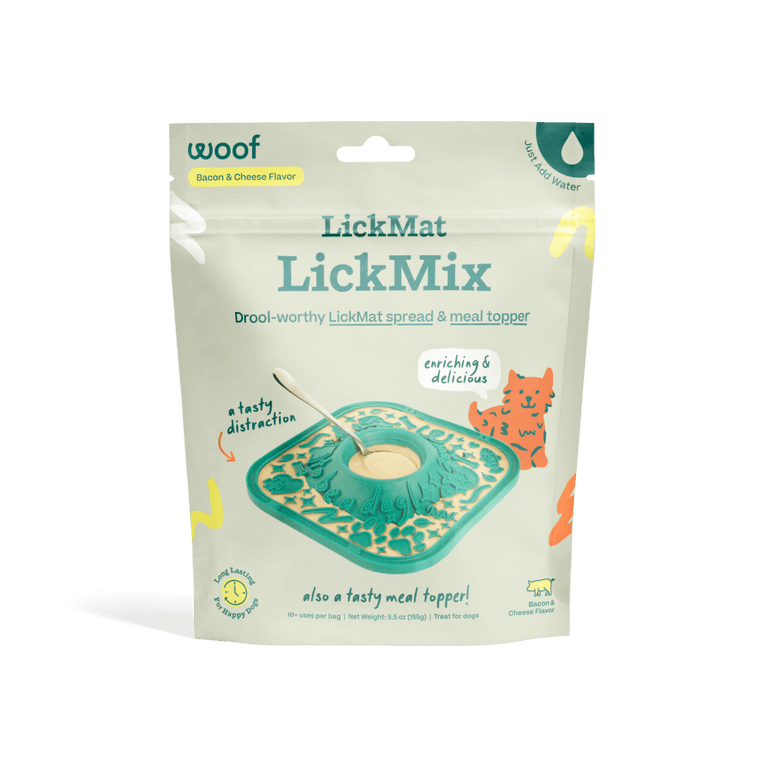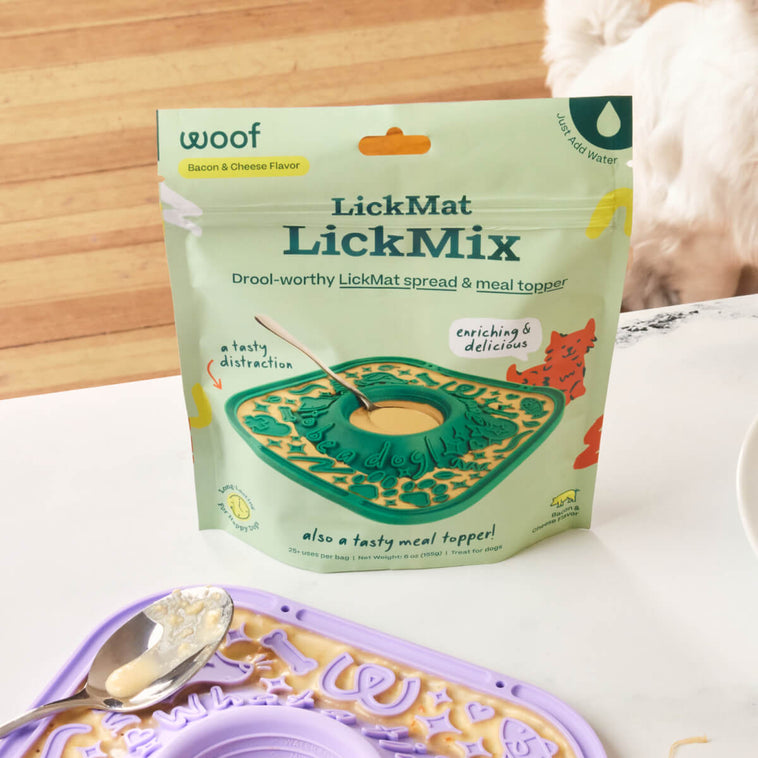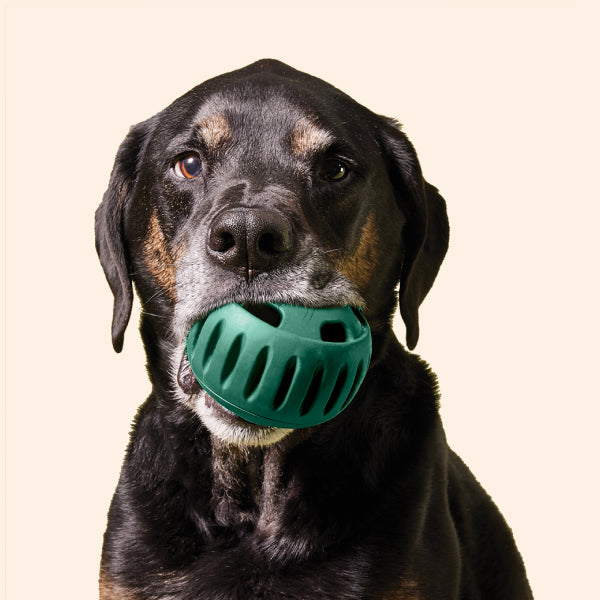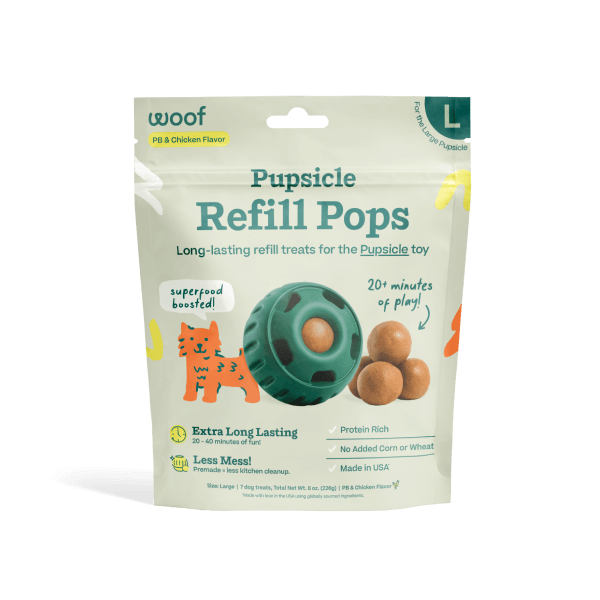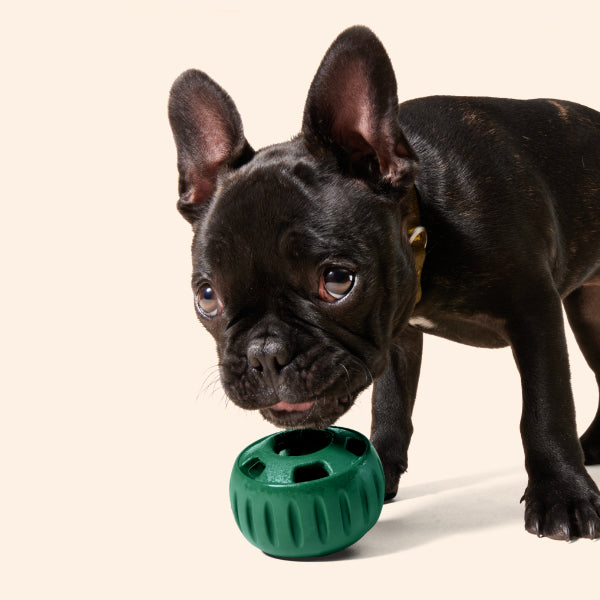
C
an dogs eat jerky? This is a question many pet parents find themselves asking when their pup gives them those irresistible 'puppy eyes' as they snack on jerky strips. While jerky is one of the most popular human snacks thanks to its high protein content and savory flavor, sharing it with dogs isn't as simple as it might seem. Before slipping your pup a piece, it’s important to understand the risks, the safe alternatives, and how to responsibly incorporate jerky-like treats into your dog’s diet.What Exactly Is Jerky?
Jerky is made by drying lean cuts of meat to preserve them. This process concentrates flavor and extends shelf life. However, jerky designed for humans often contains high amounts of sodium, sugar, and seasonings such as garlic, onion, or chili powder—all of which can be harmful or even toxic to dogs. Commercial jerky snacks may also include preservatives, smoke flavoring, or artificial additives that are not suitable for canine digestion.
Is Jerky Safe for Dogs?
The short answer is: sometimes, but with caution. Plain, unseasoned jerky made from single-ingredient meats such as chicken, turkey, or beef—without additives—can be safe in moderation. However, jerky designed for people should generally be avoided. Even small amounts of garlic powder or onion powder can damage red blood cells in dogs, potentially leading to anemia. Excessive sodium may cause dehydration, high blood pressure, or kidney stress.
Another concern is the hardness of jerky. Some strips can be extremely tough, posing a choking hazard or leading to dental fractures, particularly in small dogs, puppies, or senior pets.
Potential Risks of Feeding Jerky
- Digestive Upset: Spices, oils, or additives can lead to vomiting, diarrhea, or stomach discomfort.
- Sodium Overload: Too much salt may cause increased thirst, lethargy, or even sodium poisoning in extreme cases.
- Toxic Ingredients: Garlic and onion are toxic to dogs and are commonly found in flavored jerky.
- Choking Hazards: Large, tough pieces can get lodged in the throat or cause dental injuries.
- Unregulated Products: Some imported jerky treats have been linked to recalls due to contamination or unsafe processing standards.
Signs Your Dog May Have Eaten Unsafe Jerky
If your dog manages to sneak a piece of jerky not meant for them, watch for symptoms such as:
- Excessive drooling
- Vomiting or diarrhea
- Weakness or lethargy
- Increased thirst and urination
- Pale gums or abnormal behavior
If you notice these signs, contact your veterinarian immediately.
Safe Alternatives to Jerky
Instead of sharing jerky made for humans, opt for dog-specific jerky treats or Woof-approved alternatives that are designed to be safe, nutritious, and engaging:
- Super Strips – Chewy, satisfying, and free from harmful additives, they deliver the jerky-like experience your dog craves without the risks.
- LickMat – A boredom-busting tool that slows down eating, promotes calm behavior, and helps improve digestion.
- Bacon & Cheese LickMix – A drool-worthy topper for the LickMat, made from wholesome, dog-safe ingredients.
- Pupsicle & Pupsicle Pops – Frozen, long-lasting treats that keep dogs cool and occupied with flavors like chicken and beef.
Tips for Choosing Dog-Safe Jerky
- Look for single-ingredient products (e.g., 100% chicken breast).
- Avoid treats with added salt, sugar, or flavorings.
- Buy from trusted brands that undergo rigorous safety testing.
- Break jerky into small, manageable pieces for portion control and safety.
- Always introduce new treats gradually and under supervision.
Veterinarian Guidance
Before adding any jerky or jerky-style treats to your dog’s diet, it’s best to check with your veterinarian. Every dog is different—factors such as age, breed, weight, and preexisting health conditions (like kidney or heart disease) play a huge role in whether jerky is appropriate.
The Woof Promise
At Woof, we believe treats should be both fun and functional. Our products are carefully formulated to provide enrichment, promote dental and digestive health, and most importantly, keep tails wagging. Whether your pup prefers a chewy strip, a frozen pop, or an interactive slow-feeder, you can trust that Woof’s lineup is free from harmful additives and crafted with your dog’s well-being in mind.
Final Thoughts
So, can dogs eat jerky? The answer is nuanced. While plain, unseasoned jerky may be safe in moderation, human-grade jerky snacks are often risky and best avoided. For peace of mind, stick to treats designed specifically for dogs. With Woof’s healthy alternatives, you can satisfy your pup’s cravings while supporting their long-term health and happiness.


